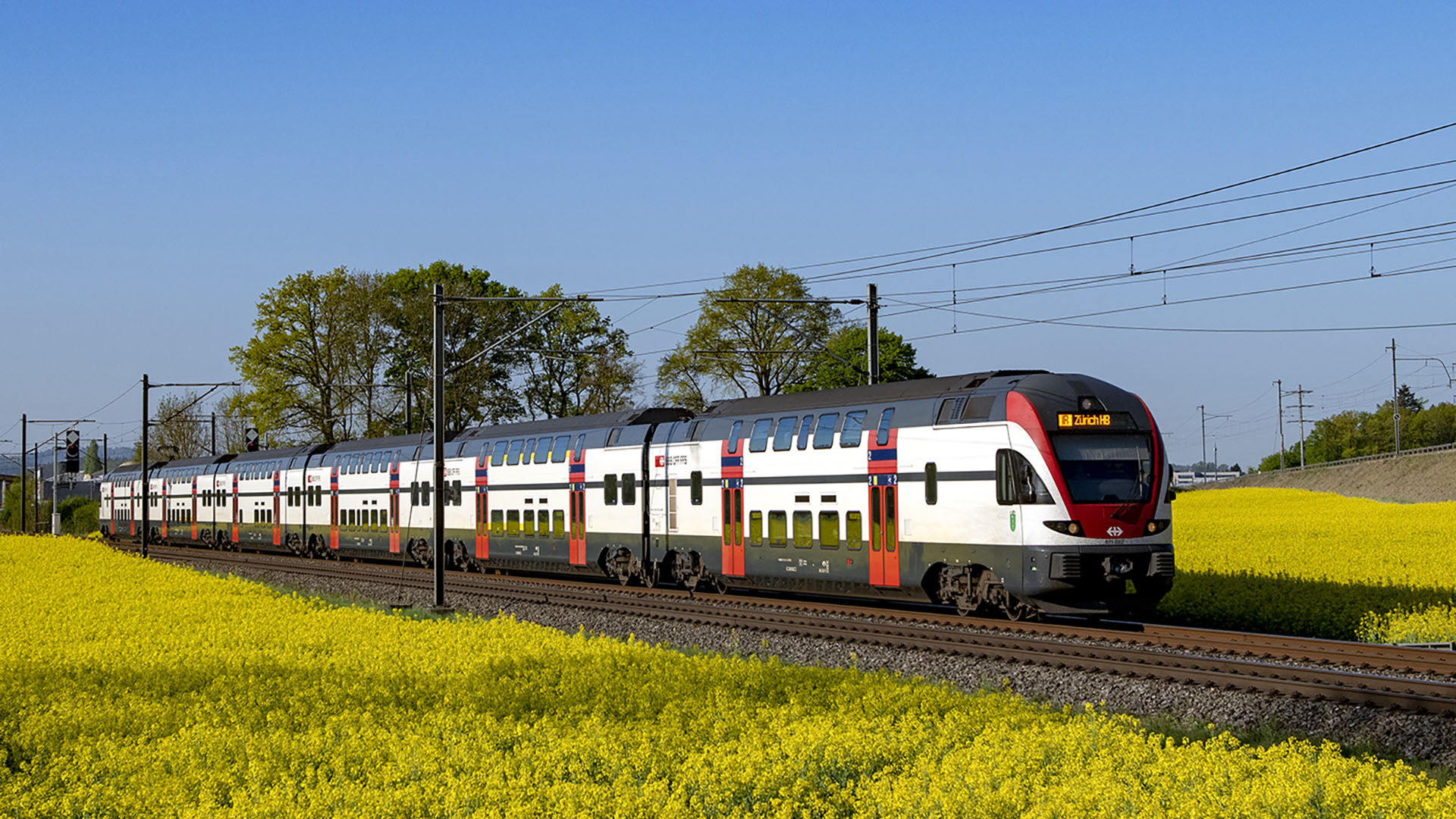The Swiss Federal Council plans to provide CHF 3.4 billion (EUR 3.6 billion) to support regional public transport by rail, bus, cable car and boat between 2026 and 2028. The proposal has been adopted by the Federal Council at its meeting on 21 May 2025 and submitted to Parliament.

This amount takes into account a planned reduction in the federal funding level for these services from 2027 onwards, in line with the cost-cutting “relief package 27”, designed to reduce the burden on the federal budget by between CHF 2.7 – 3.6 billion (EUR 2.9 – 3.9 billion) from 2027 onwards and bring it back into balance. The 59-measure package includes a proposal covering the reduction of 5% in the planned uncovered costs for regional passenger transport from 2027.
Each day, around 2.5 million people travel using regional public transport services including the suburban trains and bus routes in urban areas and surrounding regions, as well as certain cable car and boat connections.
Ticket and season pass revenues only cover about half of the total costs. The shortfall is funded by the Confederation and the cantons. In 2024, the federal government supported 1,563 regional transport routes operated by 107 transport companies, with a total contribution of CHF 1.1 billion (EUR 1.2 billion).
The Federal and cantonal subsidies also enable investment in more modern trains and electric buses, as well as the funding of maintenance facilities and passenger information systems. A small portion of federal funds is also used to support innovation projects in public transport.
For the coming three-year period, the Federal Council is requesting a commitment credit of just under CHF 3.4 billion from Parliament. Compared to the commitment credit approved by Parliament in November 2021, this represents an increase of around 2.3%. Due to the significant expansion of regional public transport services in recent years, the Federal Council expects an improvement in the cost coverage ratio for these services. Transport companies and service providers are being called upon to prioritise their projects based on efficiency and necessity. They are also expected to continue their efforts to optimise costs and increase revenue from fares.
Share on:



